New Releases
The Internet, according to Charles Seife ’93, is making humans better at something they have been doing since the dawn of civilization: lying. In Virtual Unreality: Just Because The Internet Told You, How Do You Know It’s True? (Viking), Seife explores the digital methods used to deceive us and offers practical tools for figuring out the truth online.
Margaret Bradham Thornton ’81’s debut novel, Charleston (Ecco), is steeped in the rich culture of the city for which it is named. When the main character, Eliza Poinsett, returns to her hometown of Charleston, S.C., she finds the past she left behind has caught up with her. The novel explores how notions of home and place shape our lives.
The American Revolution was more than just a war; it was a transformation of American attitudes, argues Thomas P. Slaughter *83 in Independence: The Tangled Roots of the American Revolution (Hill and Wang). The book unravels a web of religious and economic disputes to show, in Slaughter’s words, “how independence became revolutionary.”
At the age of 3, John A. O’Brien ’65 was dropped off at the Milton Hershey School, a place where orphans received a free education courtesy of the founder of the Hershey Co. The 14 years he spent there as a student and, much later, his years as its president are chronicled in Semisweet: An Orphan’s Journey Through the School the Hersheys Built (Rowman & Littlefield).
New York City is an international economic center, thanks in part to the rise of the banking industry. In Capital of Capital: Money, Banking, and Power in New York City, 1784–2012 (Columbia University Press), Steven H. Jaffe ’81 and Jessica Lautin ’03 trace the frequently contentious evolution of the banking business, from the bank notes issued during the Revolutionary Era to the 2008 financial collapse.
The pursuit of beauty in the South was linked to the region’s tumultuous racial divides, asserts Blain Roberts ’96 in Pageants, Parlors, and Pretty Women: Race and Beauty in the 20th-Century South (University of North Carolina Press). The book examines the Jim Crow-era cosmetics industry and the way that black-owned beauty shops became important sites for the civil-rights movement.
Why have some Israeli leaders stuck to their hard-line positions while others have become peacemakers? Yael S. Aronoff ’90 addresses that question in The Political Psychology of Israeli Prime Ministers (Cambridge University Press), which examines how leaders’ personalities and belief systems can affect a country’s foreign policy.


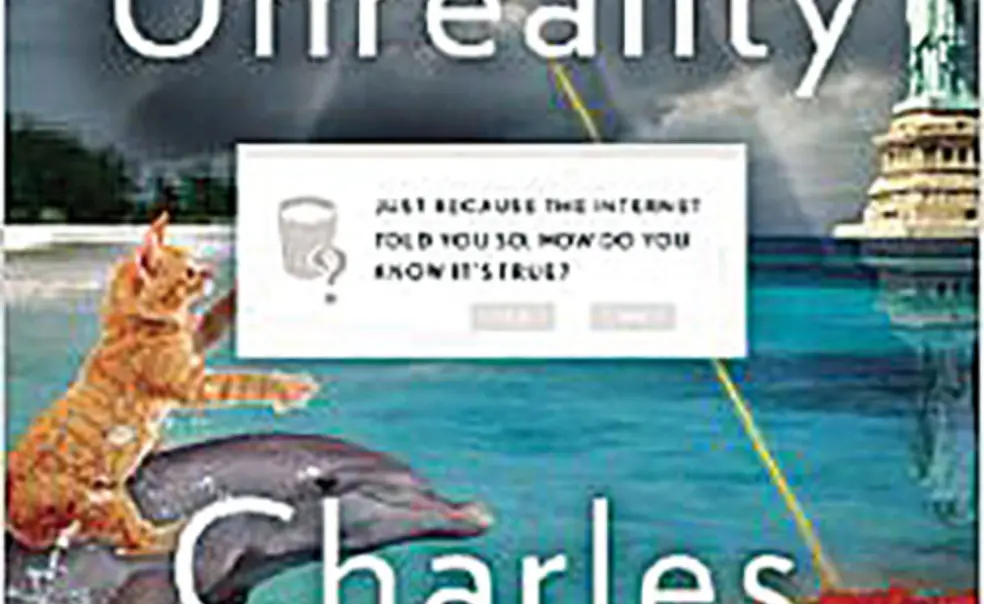
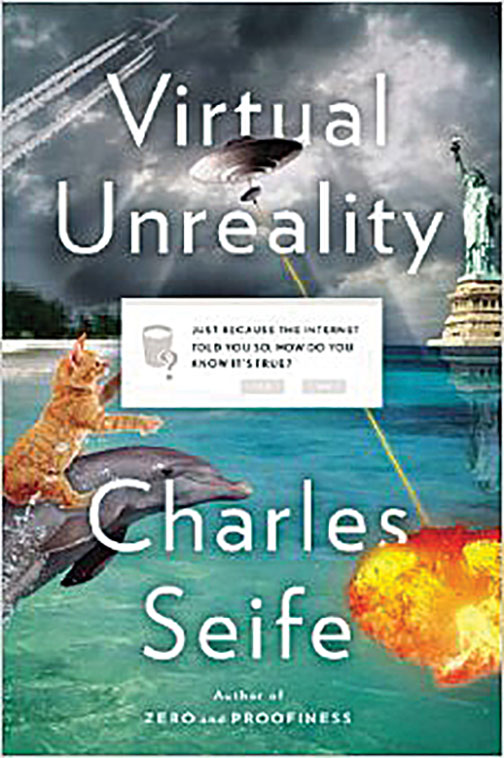
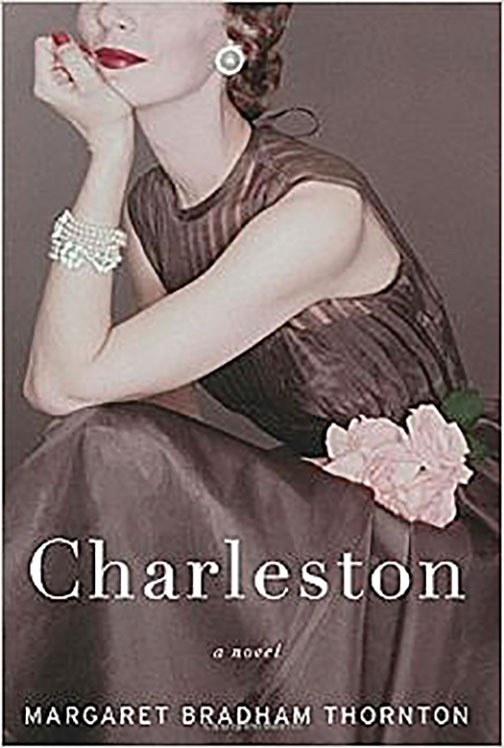
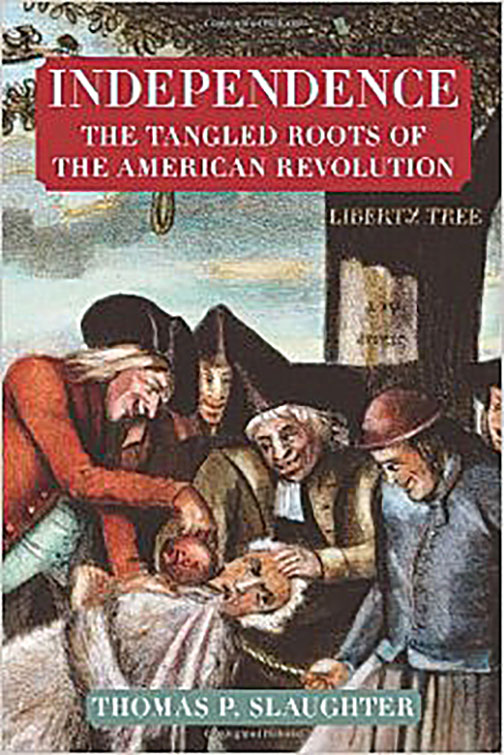
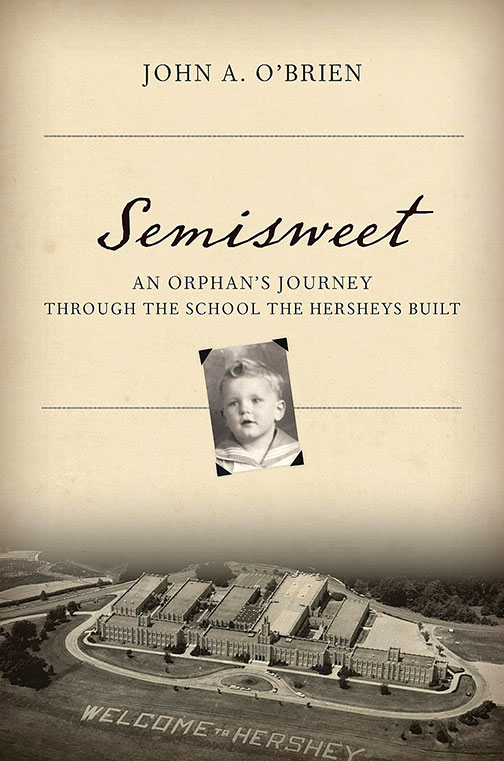
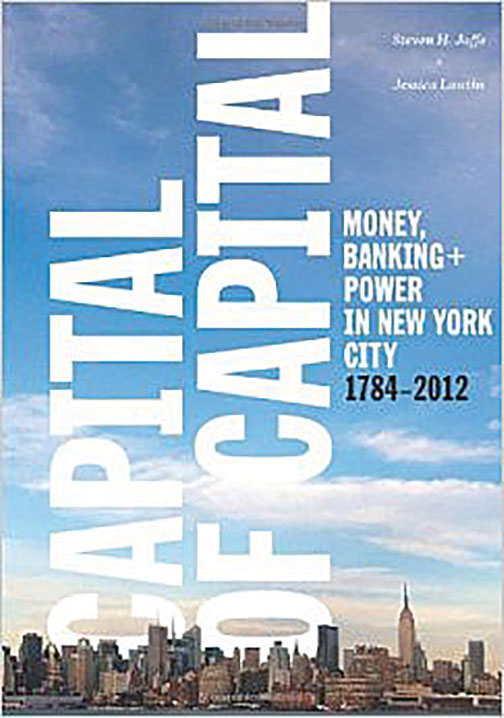
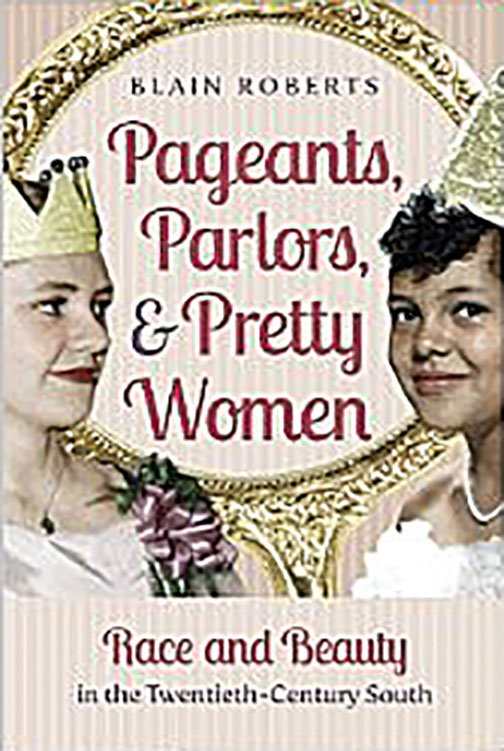
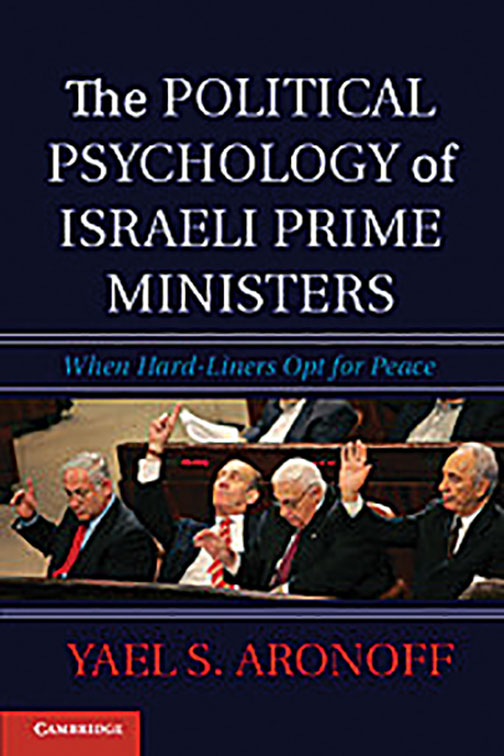









No responses yet